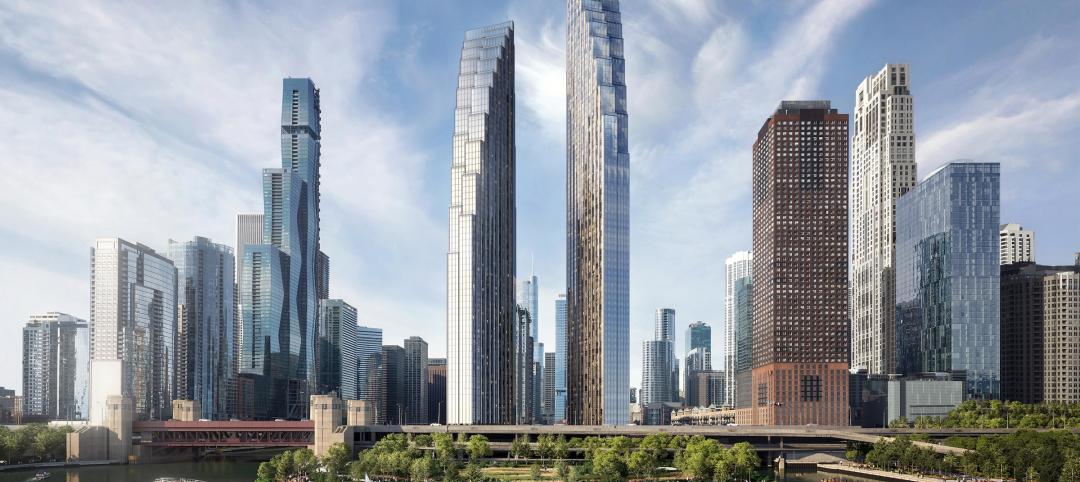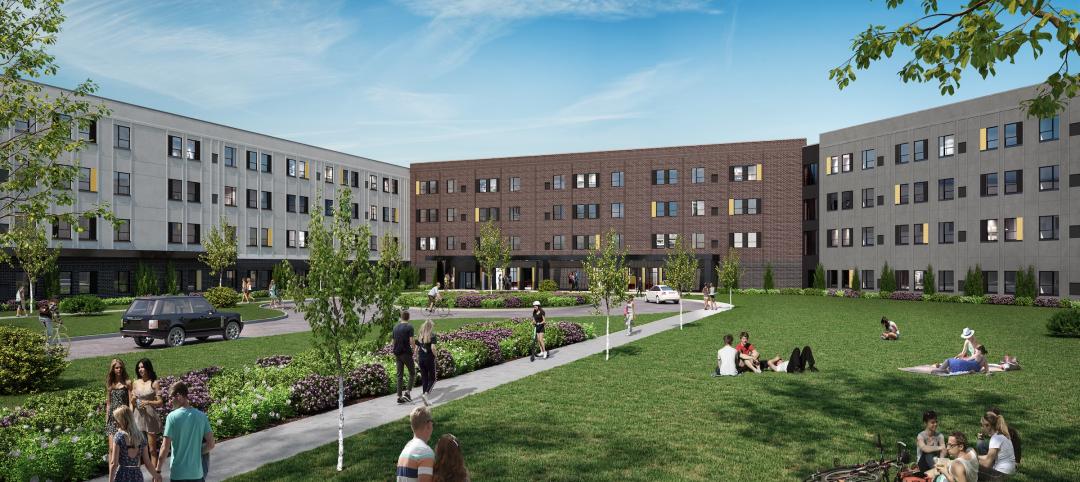The construction industry, whose workforce was decimated during the last recession, is slowly getting back on its feet. However, in certain markets—especially those where oil drilling and production have been prospering—construction workers can still be scarce.
Based on a survey of nearly 1,100 member firms in October, the Associated General Contractors of America (www.agc.org) reported that 83% of respondents were having difficulty finding craft workers, and 61% said other professional positions were hard to fill.
That being said, it appears employment pressures are easing. AGC’S analysis of data from the U.S. Bureau of Labor Statistics finds that construction employers added 12,000 jobs in October, dropping the industry’s unemployment rate to 6.4%, its lowest level since October 2006.
In fact, construction employment in October, at 6,095,000, was the highest it’s been since May 2009, with 231,000 jobs added over the last 12 months, a 3.9% gain.
Residential construction is driving the market’s employment, as 130,600 residential and specialty trade contractor jobs have been added over the past year, representing a 6% increase over the same period in the previous year. Jobs for nonresidential and specialty trades, and heavy and civil engineering, rose by 2.7%, or 99,800, over the past 12 months.
Ken Simonson, AGC’s chief economist, notes that all construction employees worked an average of 39.2 hours per week in October, tying the highest mark since the association has been tracking this data since March 2006. And wages have been rising at their fastest rate—2.6% in the past year—since early 2010.
Still, AGC sees uncertainty in the future construction employment picture, and is calling on government officials to enact measures that would make it easier for school districts, local associations and private companies to establish career and technical education programs.
The Association’s concerns about where the industry is going to find its next generation of labor stem, in part, from its research which shows that its members in the South are most likely to struggle with labor shortages, particularly places like Louisiana where pipeline, refinery, and petrochemical construction jobs have boomed.
That boom has been a double-edged sword, in that the oil industry is grappling to find qualified labor. A recent article posted on the website Industrial Info Resources quotes John Floren, CEO of Methanex, the world’s largest producer of methanol, who said that projected costs for two projects in Geismar, La., rose by $300 million, largely because of labor costs and productivity issues.
And if, as expected, oil-related projects ramp up, labor shortages in Gulf States could become more acute in 2016 and 2017, according to industry observers quoted by Industrial Info Resources.
Related Stories
University Buildings | Jun 28, 2024
The American University in Cairo launches a 270,000-sf expansion of its campus in New Cairo, Egypt
In New Cairo, Egypt, The American University in Cairo (AUC) has broken ground on a roughly 270,000-sf expansion of its campus. The project encompasses two new buildings intended to enhance the physical campus and support AUC’s mission to provide top-tier education and research.
MFPRO+ New Projects | Jun 27, 2024
Chicago’s long-vacant Spire site will be home to a two-tower residential development
In downtown Chicago, the site of the planned Chicago Spire, at the confluence of Lake Michigan and the Chicago River, has sat vacant since construction ceased in the wake of the Great Recession. In the next few years, the site will be home to a new two-tower residential development, 400 Lake Shore.
Codes and Standards | Jun 27, 2024
Berkeley, Calif., voters will decide whether to tax large buildings with gas hookups
After a court struck down a first-in-the-nation ban on gas hookups in new buildings last year, voters in Berkeley, Calif., will have their say in November on a measure to tax large buildings that use natural gas.
Mass Timber | Jun 26, 2024
Oregon State University builds a first-of-its-kind mass timber research lab
In Corvallis, Oreg., the Jen-Hsun Huang and Lori Mills Huang Collaborative Innovation Complex at Oregon State University aims to achieve a distinction among the world’s experimental research labs: It will be the first all-mass-timber lab meeting rigorous vibration criteria (2000 micro-inches per second, or MIPS).
Sustainability | Jun 26, 2024
5 ways ESG can influence design and create opportunities
Gensler sustainability leaders Stacey Olson, Anthony Brower, and Audrey Handelman share five ways they're rethinking designing for ESG, using a science-based approach that can impact the ESG value chain.
Student Housing | Jun 25, 2024
P3 student housing project with 176 units slated for Purdue University Fort Wayne
A public/private partnership will fund a four-story, 213,000 sf apartment complex on Purdue University Fort Wayne’s (PFW’s) North Campus in Fort Wayne, Indiana. The P3 entity was formed exclusively for this property.
Sustainability | Jun 24, 2024
CBRE to use Climate X platform to help clients calculate climate-related risks
CBRE will use risk analysis platform Climate X to provide climate risk data to commercial renters and property owners. The agreement will help clients calculate climate-related risks and return on investments for retrofits or acquisitions that can boost resiliency.
MFPRO+ News | Jun 24, 2024
‘Yes in God’s Backyard’ movement could create more affordable housing
The so-called “Yes in God’s Backyard” (YIGBY) movement, where houses of worship convert their properties to housing, could help alleviate the serious housing crisis affecting many communities around the country.
Student Housing | Jun 20, 2024
How student housing developments are evolving to meet new expectations
The days of uninspired dorm rooms with little more than a bed and a communal bathroom down the hall are long gone. Students increasingly seek inclusive design, communities to enhance learning and living, and a focus on wellness that encompasses everything from meditation spaces to mental health resources.
Museums | Jun 20, 2024
Connecticut’s Bruce Museum more than doubles its size with a 42,000-sf, three-floor addition
In Greenwich, Conn., the Bruce Museum, a multidisciplinary institution highlighting art, science, and history, has undergone a campus revitalization and expansion that more than doubles the museum’s size. Designed by EskewDumezRipple and built by Turner Construction, the project includes a 42,000-sf, three-floor addition as well as a comprehensive renovation of the 32,500-sf museum, which was originally built as a private home in the mid-19th century and expanded in the early 1990s.

















